
Xona Space Systems Certifies Spirent’s Low Earth Orbit SatNav Constellation Simulator
SALT LAKE CITY--(BUSINESS WIRE)--May 30, 2023--
2023-05-30 23:17
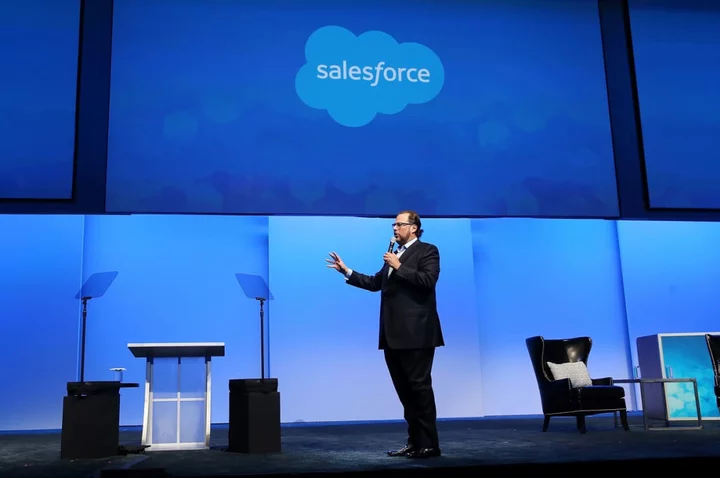
Salesforce Extends Its Lead as Dow’s Top Performer. What Analysts Say It Needs to Do Now.
Salesforce stock rises after the software company's latest earnings report. But analysts are still looking for evidence Salesforce can return to its historical revenue growth rates.
2023-11-30 18:48
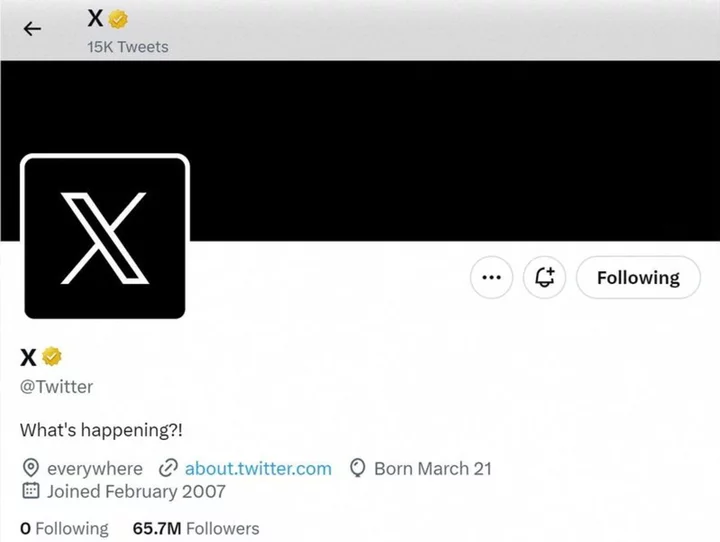
Musk draws heat from San Francisco over giant X logo
By Nicholas P. Brown A giant, glowing X marks the San Francisco spot where Elon Musk says he
2023-07-31 04:56

Soros Firm Wrestles With the Scope 3 Conundrum
Just a piddling 5% of US companies report their Scope 3 greenhouse gas emissions. Unlike those tied directly
2023-05-31 18:28
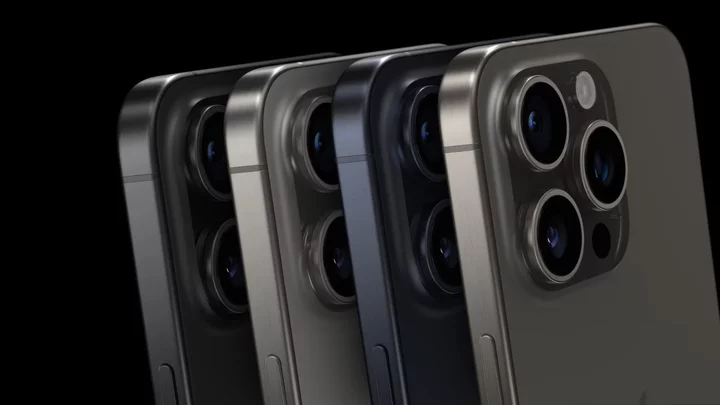
Yes, 'Double Tap' is fire, but these 5 iPhone 15 event announcements are volcanic
Did Tuesday’s iPhone 15 "Wonderlust" livestream drag you through a rollercoaster of emotions like it
2023-09-13 17:49

Senate Targets US Investments in China Through Key Defense Bill
The Senate attached a measure to the annual defense policy bill that would subject some US investments in
2023-07-26 06:56

Astronomer uncovers ‘direct evidence’ of gravity breaking down in the universe
A scientist claims to have discovered a “gravitational anomaly” that calls into question our fundamental understanding of the universe. Astronomer Kyu-Hyun Chae from the university of Sejong University in South Korea made the discovery while studying binary star systems, which refer to two stars that orbit each other. His observations appear to go against the standard gravitational models established by Isaac Newton and Albert Einstein, and instead offer evidence that an alternative theory first proposed in the 1980s may explain the anomaly. Analysis of data collected by the European Space Agency’s Gaia space telescope revealed accelerations of stars in binaries that did not fit the standard gravitational models. At accelerations of lower than 0.1 nanometres per second squared, the orbit of the two stars deviated from Newton’s universal law of gravitation and Einstein’s general relativity. Instead, Professor Chae theorised that a model known as Modified Newtonian Dynamics (MOND) could explain why these previous theoretical frameworks were unable to explain the stars’ movements. “The deviation represents a direct evidence for the breakdown of standard gravity at weak acceleration,” Professor Chae wrote in a paper, titled ‘Breakdown of the Newton-Einstein standard gravity at low acceleration in internal dynamics of wide binary stars’, that was published in The Astrophysics Journal.. His research calls into question the existence of dark matter and other peculiar space phenomena that are typically used to justify irregularities with Newton-Einstein standards. “The data reveal an unambiguous and extremely strong signature of the breakdown of the standard Newton-Einstein gravity at weak acceleration,” the study concluded. “What is even more surprising is that the trend and magnitude of the gravitational anomaly agree with what the AQUAL [MOND] theory predicts.” Professor Chae predicts that his results will be confirmed and refined with larger data sets in the future, which could lead to a new revolution in physics. “Chae’s finding is a result of a very involved analysis of cutting-edge data, which, as far as I can judge, he has performed very meticulously and carefully,” said theoretical physicist Mordehai Milgrom at the Weizmann Institute in Israel, who first proposed the MOND model 40 years ago. “But for such a far-reaching finding – and it is indeed very far-reaching – we require confirmation by independent analyses, preferably with better future data. “If this anomaly is confirmed as a breakdown of Newtonian dynamics, and especially if it indeed agrees with the most straightforward predictions of MOND, it will have enormous implications for astrophysics, cosmology, and for fundamental physics at large.” Pavel Kroupa, professor at Charles University in Prague, added: “The implications for all of astrophysics are immense.” Read More Perseids 2023: Meteor beacon offers unique way to observe spectacular shower over UK Slack announces its biggest ever update Why you might never have to remember your password again AI can predict Parkinson’s subtype with up to 95% accuracy, study suggests
2023-08-11 15:52
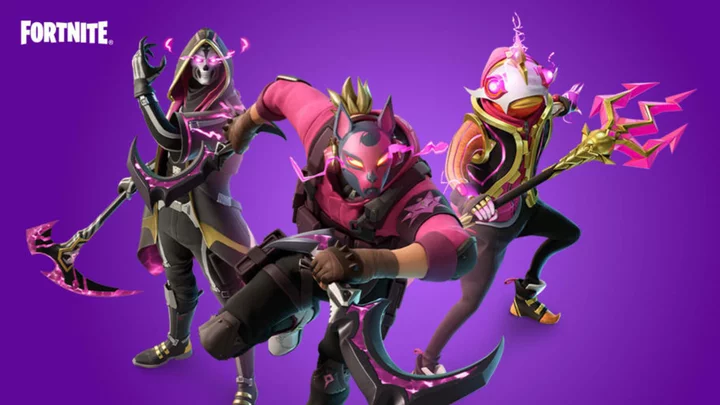
How to Level Up Fast in Fortnite OG
To level up fast in Fortnite OG, fans must play Fortnite Creative maps or complete in-game quests to collect as much XP as possible.
2023-11-16 00:27

Mongolia, the land of Genghis Khan, goes modern with breakdancing, esports and 3x3 basketball
Breakdancing is part of a minor sports revolution going on in Mongolia
2023-10-06 18:21

How to watch the Diamond League final online for free
The World Athletics Championships has only just come to an end, but we're ready to
2023-09-10 12:27

NBA legend Shaq contemplates streaming life after xQc's $100M Kick deal: ‘He turns camera on and people just watch him?'
'I’m about to come after him,' said Shaq after he learnt about xQc lucrative Kick deal, implying he might be open to streaming if the price was right
2023-07-27 20:57

Gastro Care Partners Chooses ModMed to Help Accelerate its Operational Excellence
BOCA RATON, Fla.--(BUSINESS WIRE)--Sep 7, 2023--
2023-09-07 20:15
You Might Like...
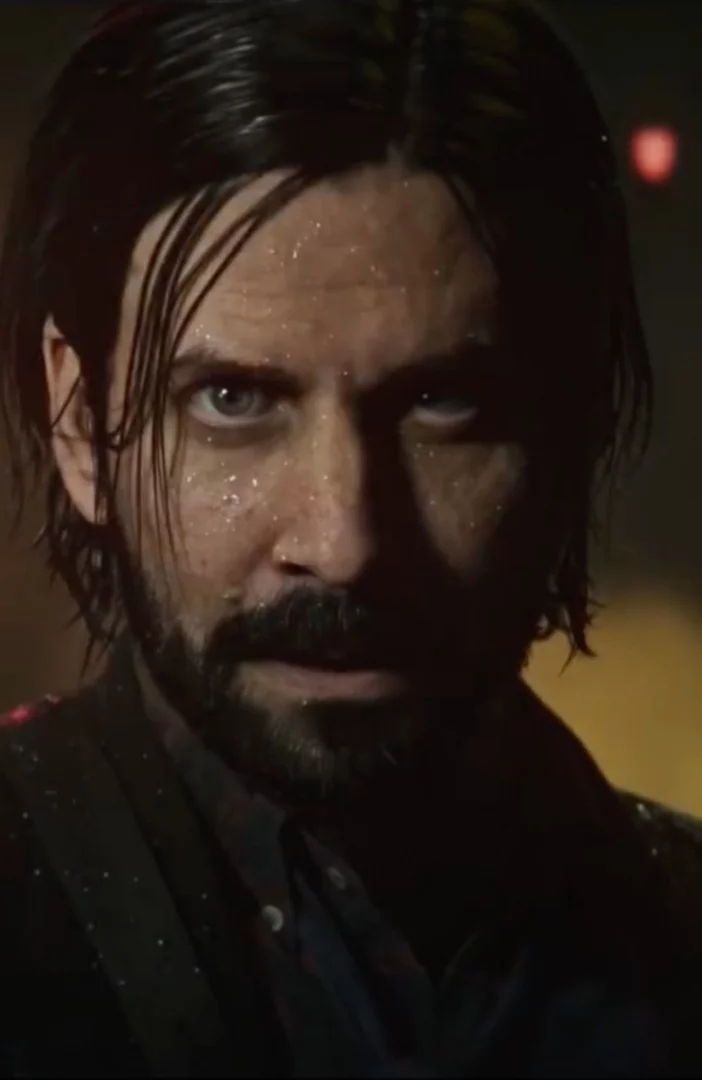
Alan Wake 2 to get 'alternative narrative' and 'Nightmare difficulty level'

Paige Spiranac sparks Twitter debate over bandwagon fans: 'I’m no angel'

Obie Raises $25 Million in Series B Funding Round to Expand Innovative Embedded Insurance Technology
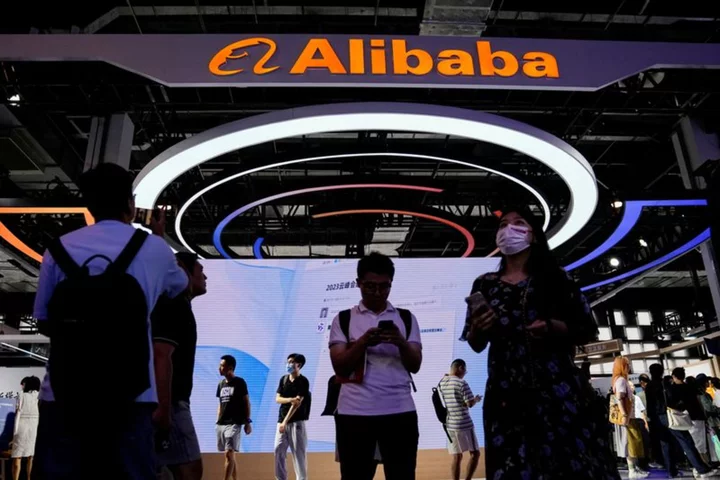
China's Alibaba unveils AI image generator to take on Midjourney and DALL-E
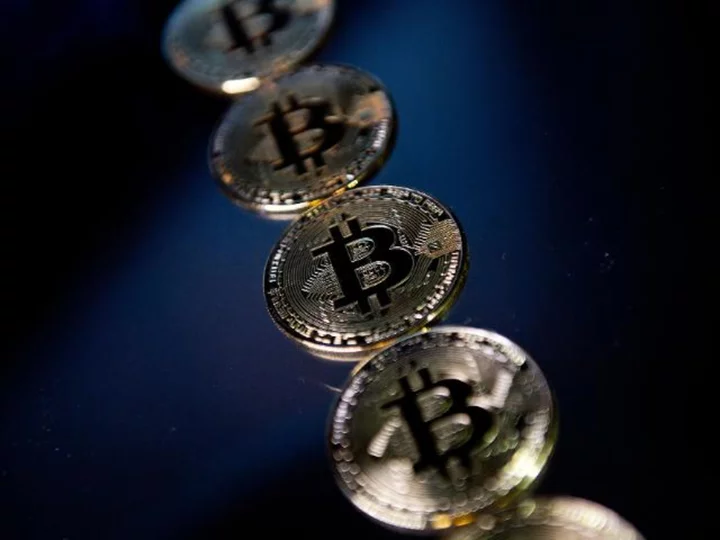
Bitcoin hits its highest level in a year

Biden to detail plans for $42 billion investment in US internet access

Silver Hill Hospital Names Dr. Mark J. Russ as Chief Medical Officer

OfficeSpace Software Appoints Erin Mulligan Nelson as Chief Executive Officer
